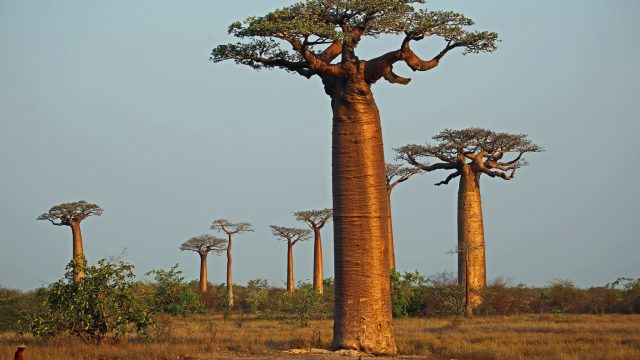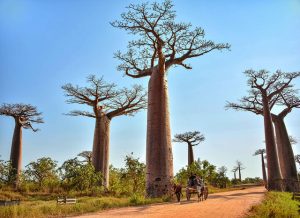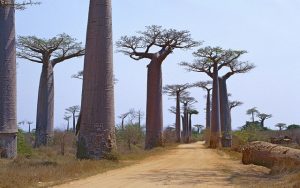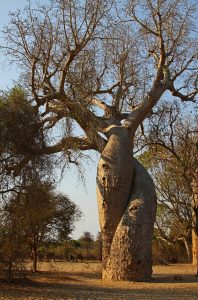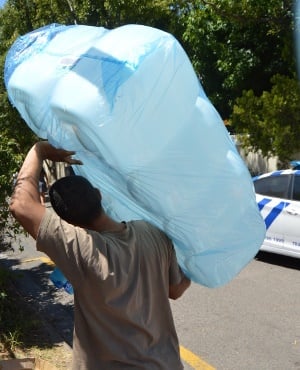Anxiety over Day Zero – the day that the taps will run dry unless residents save vast amounts of water and new sources of the resource come online – has had a telling effect on tourism in the Western Cape.
According to figures from 18 of the Western Cape’s top hotels, income in January and last month was 10% to 15% lower than it was last year, said Judy Lain, head of marketing at Wesgro, the Western Cape’s tourism, trade and investment promotion agency.
She was one of the speakers at the recent launch of Wesgro’s plan to try to jump-start the province’s economy in the year ahead.
Wesgro conducted a survey among hotels to get a sense of how the reality that Cape Town may run out of water is being received by tourists.
According to the organisation, the number of reservations at hotels for the period between April and September is 50% lower than it was last year.
The biggest decline in reservations was among South Africans, who have decided to visit other areas of the country instead. There have also been decreases in bookings originating from countries such as the UK, Germany and the US.
According to the survey, tourists from Germany and the US indicated that they were concerned about hygiene.
South Africa is a popular destination among older Americans who want to celebrate a milestone birthday, such as a 60th, in South Africa by taking their entire family on a trip. This group indicated that they were concerned that they would not have access to water so that they could take their medication.
Travellers from the UK also said that the strengthening rand made South Africa less attractive for them as a travel destination.
Furthermore, tourists are also frightened of contracting listeriosis, and fear there will be civil unrest caused by the decision to expropriate land without compensation.
Alan Winde, the Western Cape’s minister of economic opportunities, said the Day Zero message was “bad for business”, and added that it had to be softened.
Winde said that tourists had said that they believed it was socially irresponsible to travel to Cape Town during the drought, but he said that now was the right time to visit because money generated through tourism was needed.
The Wesgro team also highlighted various opportunities that they wanted to target this year, one of which was the halal market linked to exports and tourism.
Janine Botha, an economist from Wesgro, said the Asian region, where there is demand for halal products, was responsible for more than half of the world’s growth. She added that the halal market in sub-Saharan Africa was also expected to grow in the year ahead.
This offers the Western Cape, where there is already an established halal industry, the opportunity to export goods such as meat, beauty products and other consumer goods. It also offers opportunities for tourism to the country.
Botha said that economies in developing countries were expecting higher growth than those in developed countries this year.
“That’s what we should be enthusiastic about – an economy that’s growing,” she said.
Lain said the amount of money that people spent on tourism was also growing faster in developing countries than in developed countries.
According to the World Bank and the World Economic Forum, the 10 countries that are expected to have the fastest-growing economies this year are:
ETHIOPIA: 8.3%
UZBEKISTAN: 7.6%
NEPAL: 7.5%
INDIA: 7.2%
TANZANIA: 7.2%
DJIBOUTI: 7%
LAOS: 7%
CAMBODIA: 6.9%
MYANMAR: 6.9%
THE PHILIPPINES: 6.9%
What can be done to boost tourism in the Western Cape?
SMS us on 35697 using the keyword DROUGHT and tell us what you think. Please include your name and province. SMSes cost R1.50
